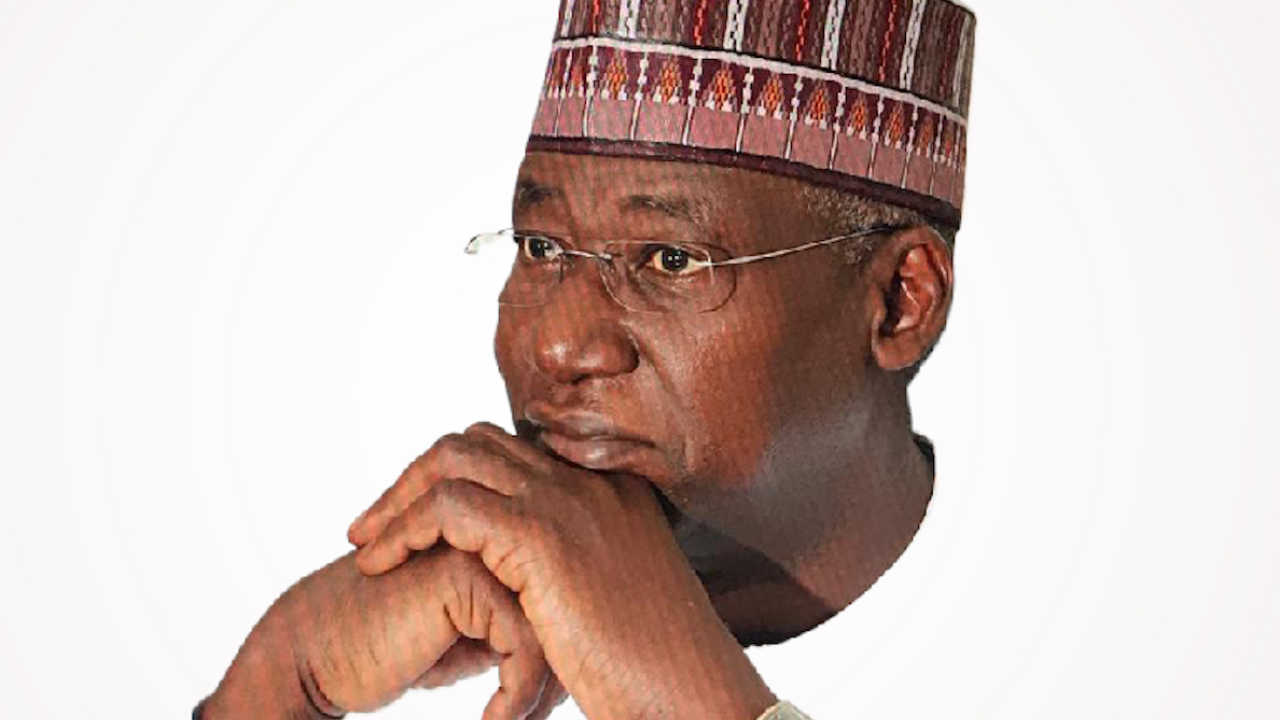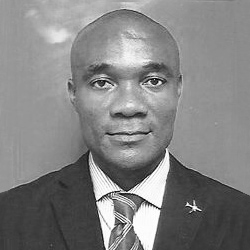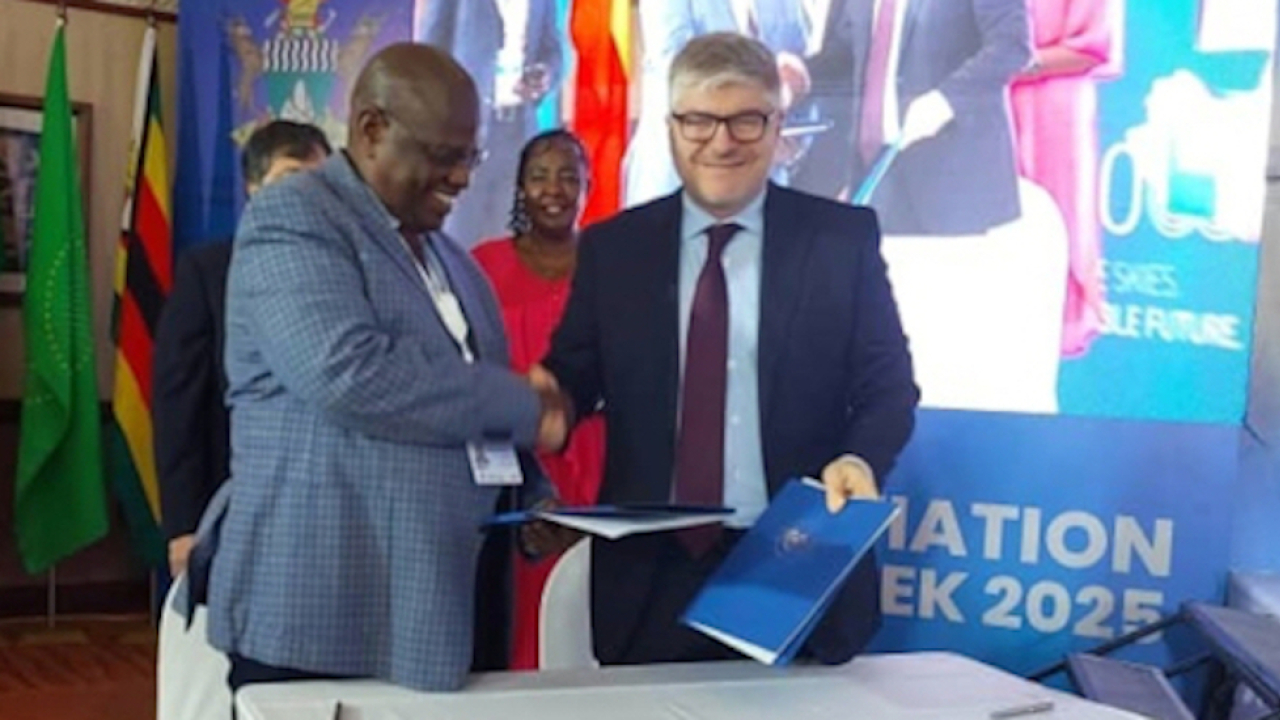Why it's time to get tough on the pilot poachers
Ibrahim Mshelia, chief executive officer of Mish Aviation Flying School in Accra, Ghana, has advised that to resolve the challenges associated with poaching of aviation professionals in Africa and bond contract conflicts involving airline pilots, “the legal framework should sort this out”.

Ibrahim Mshelia: A legal frame work is necessary. IMAGE: Mish Aviation Flying School
“Any pilot who takes a contract and violates it should have his or her license suspended after thorough investigation,” Mshelia said.
He said that Nigeria’s aviation minister’s recent signing of the practice direction for domesticated Cape Town convention with legal framework completely executed, “has given aircraft lessors more confidence and comfort to deal with Nigerian carriers.
“A similar framework would help to put parties under check. I must add that it is not only the trainee who receives training on bond that usually defaults. The sponsors are also guilty at times and make the candidate find it convenient to leave. So, it is a two-sided affair even though the candidates’ cases are more prevalent. A legal frame work is necessary and this would fix the problem!” he said.
Mshelia added: “The poaching issues have discouraged operators from sponsoring training, but this should be addressed legally such that any candidate jumping a sponsorship contract or an operator acting similarly shall have heavy sanctions as a deterrent.
“This will encourage reintroduction of sponsorship by the airlines and others, thereby reducing the problems drastically. The current trend by both operators and pilots who have abused such agreements have become like a plague in trust between the two.
“The brain drain is not only affecting aviation. As a matter of fact, aviation may be the least affected, in that only the experienced pilots are able to get jobs in those climes.
“The effect is huge on our system locally because the young graduates cannot readily take up certain positions. With the drain, our airspace will end up with replacement of experienced pilots from foreign countries who will now take charge of our local operators’ needs. Usually too, that is more expensive. This is a very bad trend that is going to stagnate, if not stall employment and professional growth of our young processionals.
“This will also eventually cause the unemployed young professionals to seek employment elsewhere where possible or completely disappear from the industry that they once loved or planned for; where they spent some time, resources and energy to acquire their desired skills. Aviation is not a sector that can be ignored at all by any economy.
“We must therefore frown at the trend and I encourage governments across the region to begin to see civil pilot training as a developmental policy, similar to how they train military fighter pilots in preparation for eventualities or conflict.
“For example, during my days at a flying school in Nigeria, 98 per cent of my course mates, including myself, were all sponsored either by airlines, oil services companies, state and federal governments, and so on. Only one or two were privately sponsored. This was a government policy then.
“While the government itself sponsored candidates on merit, they also made it a condition for specific companies involved in high net-worth investments and oil exploration to sponsor candidates for the industry as a development levy.
“This should be encouraged by all regional governments and taken very seriously as a policy for developing the sector. Incentives should also be provided to operators and sponsors to ensure that the policy is sustained.
“There is a particular need to deliberately encourage local operators with incentives to sponsor and employ from the local market and exhaust it before experts are given opportunities. We cannot allow an important sector of our economy such as aviation to be dominated by expatriates. Our nations should look deeply into a legal framework, which will benefit both sponsors and candidates,” said Mshelia.
He said that apart from pilots, Mish aviation would within the next five years, “commence training of aircraft maintenance engineers, flight dispatchers and also, commence air charter services and schedule passenger services in some parts of the region.”
Stay up to date
Subscribe to the free Times Aerospace newsletter and receive the latest content every week. We'll never share your email address.


